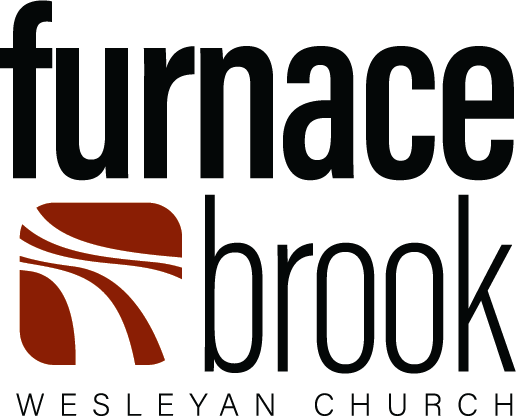 Yesterday we were horrified by the news of another school shooting in Texas. And the gut-wrenching sadness of it was immediately compounded by all of the political noise around it. People wasted no time using the event as a hammer for driving the nail of their preferred policy deeper into the "discourse" and offers of "thoughts and prayers" were angrily rejected as being insufficient or hypocritical. It's bad enough that we have to grieve; worse yet that we must face judgment for how we do so. Did you say too much or too little? Was it too public or too private? Were you virtue signaling? Are you permitted even to care if you are not falling along the correct political lines? It's hard. And the temptation can be to compartmentalize your grief and to hide from it all. Biblical Response to Tragedy As an alternative to the exhausting way of the world, we’d like to offer you this biblical approach to responding to tragedy. 1. Mourn. It’s a verb, something that you do, and not just a matter of feeling sad. Matthew 5:4, Ecclesiastes 7:2 2. Leave everything private that can safely remain that way. 1 Thessalonians 4:11 3. Say everything that you need to say and nothing that you don’t. It is a great temptation in the face of tragedy to respond verbally, and some things need to be said. But even the best words do less good than ill-considered words do harm. James 1:19 4. Don’t look for or accept short cuts and easy answers. Nothing good comes of trying to make short what God left long, or easy what God has permitted to be hard. The valley of the shadow of death is, indeed, long and difficult to traverse, but we have a good traveling companion. Psalm 23 5. Your grief can rot into injury or ripen into resolve. Carefully manage your grief, exposing it to the light of the Lord, to see it mature into a greater resolve to bring about the Kingdom of God, the place where the “shalom,” the peaceful, right-ordering of things prevails under God’s lordship. 6. Pray to God and for God. No grief touches us but that it grieves him also. He does not need us and he does not suffer from lack of our prayer. But he loves us and when we pray about a tragedy we have the opportunity to acknowledge the way in which sin and its direct and indirect effects have touched his Father’s heart. This is the spirit in which many of the Psalms might be prayed. 7. Let grace prevail. Look for opportunities to extend and receive grace. The impulse to publicly demonstrate your concern can run contrary to the interests of grace. God bless you as you process this most recent tragedy and as you brace yourself for enduring the next one. Our prayer is that you not only experience grace and healing, but that you would become an agent of grace and healing in your community.
0 Comments
Leave a Reply. |
Furnace Brook Wesleyan Church Blog
|

 RSS Feed
RSS Feed